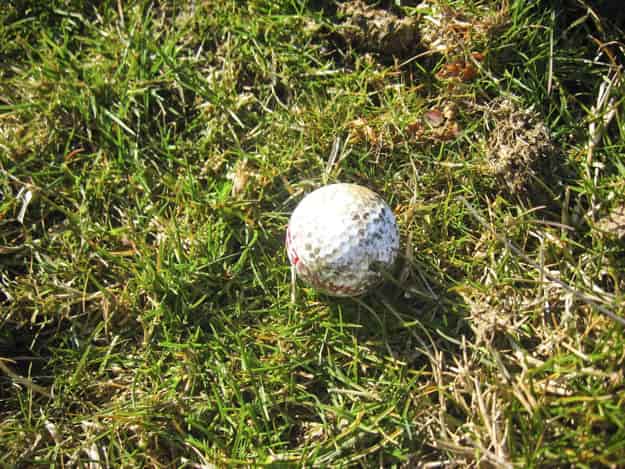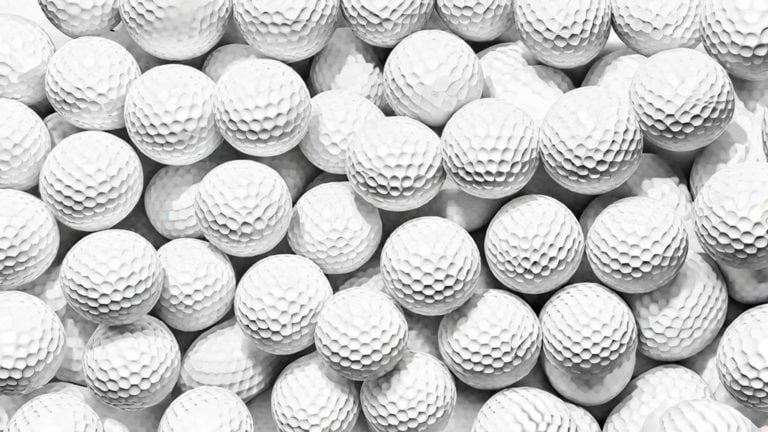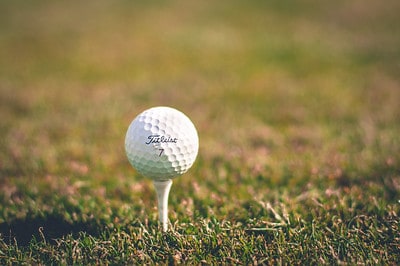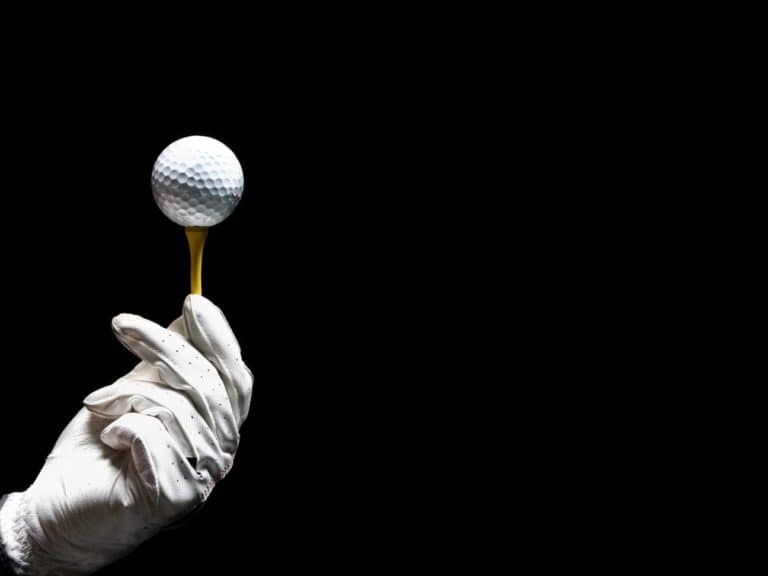How To Clean Golf Balls: 3 Easy Methods
Cleaning golf balls regularly is essential for maintaining their performance and extending their lifespan. This overview will provide techniques and methods for cleaning golf balls effectively at home, including how to clean golf balls in bulk. Additionally, it will highlight the impact of dirty golf balls on your play.
Here are some guidelines to keep in mind:
How To Clean Golf Balls at Home
- Do clean your golf balls regularly: Cleaning your golf balls regularly helps to maintain their performance and condition.
- Do use warm water: Warm water is effective in removing dirt and debris from dirty golf balls. It helps to loosen the dirt and makes cleaning easier.
- Do use a soft brush or cloth: When scrubbing the golf balls, use a soft brush or cloth to avoid scratching the surface. Gentle scrubbing is usually sufficient to remove most dirt and stains.
- Do rinse thoroughly: When cleaning golf balls, rinse them thoroughly with clean water to remove any soap residue or cleaning solution.
- Do dry the golf balls completely: Drying the golf balls is important to prevent moisture buildup, which could lead to mold or damage over time. Use a towel to dry them thoroughly before storing or using them.
- Soaking Method: For more stubborn stains or tougher dirt, fill a bucket or basin with warm water and add a small amount of dish detergent. Place the golf balls in the solution and let them soak for about 15-20 minutes. Afterward, use a brush or sponge to scrub away any remaining dirt, and rinse thoroughly before drying.
- Brushing Technique: To remove ingrained dirt or grass stains from the dimples on the golf balls, use a toothbrush or a specialized ball-cleaning brush. Apply a mild soap or detergent to the brush and scrub the dimples in a circular motion, focusing on each individual dimple. Rinse the balls thoroughly and dry them afterward.
- Cleaning Golf Balls in Bulk: Cleaning golf balls in bulk requires a slightly modified approach. Fill a large container or bathtub with warm water and add a suitable amount of dish detergent. Place the golf balls in the container and let them sit for a few minutes. Use a pool skimmer or a large sieve to agitate and remove the balls from the water, ensuring even cleaning. Rinse the balls thoroughly and dry them once they are clean.
What To Avoid:
Related: Ultimate Beginners Guide To Golf
- Don’t use harsh chemicals: Avoid using harsh chemicals or abrasive cleaners on your golf balls as these can damage the outer layer or the paint. Stick to mild dish soap or specialized cleaning products made explicitly for golf balls.
- Don’t use a wire brush or abrasive materials: Wire brushes, rough sponges, or abrasive materials can scratch the surface of the golf balls. Stick to soft brushes or cloths specifically designed for cleaning golf balls.
- Don’t expose golf balls to extreme temperatures: Avoid exposing your golf balls to extreme heat or cold, as it can affect their performance and durability. Store them at room temperature.
- Don’t soak golf balls for extended periods: While soaking golf balls in cleaning solutions can be effective, avoid leaving them submerged for extended periods, as it may damage the outer coating or affect the ball’s performance.
- Don’t use excessive force: When cleaning or scrubbing, avoid applying excessive force, as it can damage the golf balls. Gentle cleaning is usually sufficient to remove dirt and stains.
Believe it or not, dirty golf balls can have several effects on your play
Top Issues Related To Dirty Golf Balls
- Reduced Distance: Dirt, grass stains, or debris on the surface of the golf ball can create drag and reduce the ball’s aerodynamics. This can result in decreased distance and accuracy on your shots.
- Impaired Spin Control: Dirt and grime on the golf ball’s surface can affect its ability to generate spin. Spin is crucial for controlling the ball’s flight and trajectory. Dirty golf balls may not spin as intended, making it harder to control the ball’s movement and stopping power on the greens.
- Inconsistent Ball Flights: A dirty golf ball may not react as expected when struck. The layer of dirt can alter the ball’s interaction with the clubface, leading to inconsistent ball flights and unpredictable shot outcomes.
- Difficulty in Reading Putts On the Green: Dirt or stains on the golf ball can make it challenging to read the ball’s roll and line accurately. Clean golf balls with a clear surface allow you to see the ball’s path and better judge the speed and break of the putt.
- Impact on Confidence: Using visibly dirty golf balls may affect your confidence and focus during a round. Clean golf balls not only look better but can also give you a mental boost, helping you approach each shot with more confidence and focus.
To keep your balls clean out on the course, the Frogger Amphibian golf towel provides a cost-effective way to ensure minimal issues related to dirty balls during your round.
By following these dos and don’ts, you can effectively clean your golf balls without compromising their performance or longevity.







